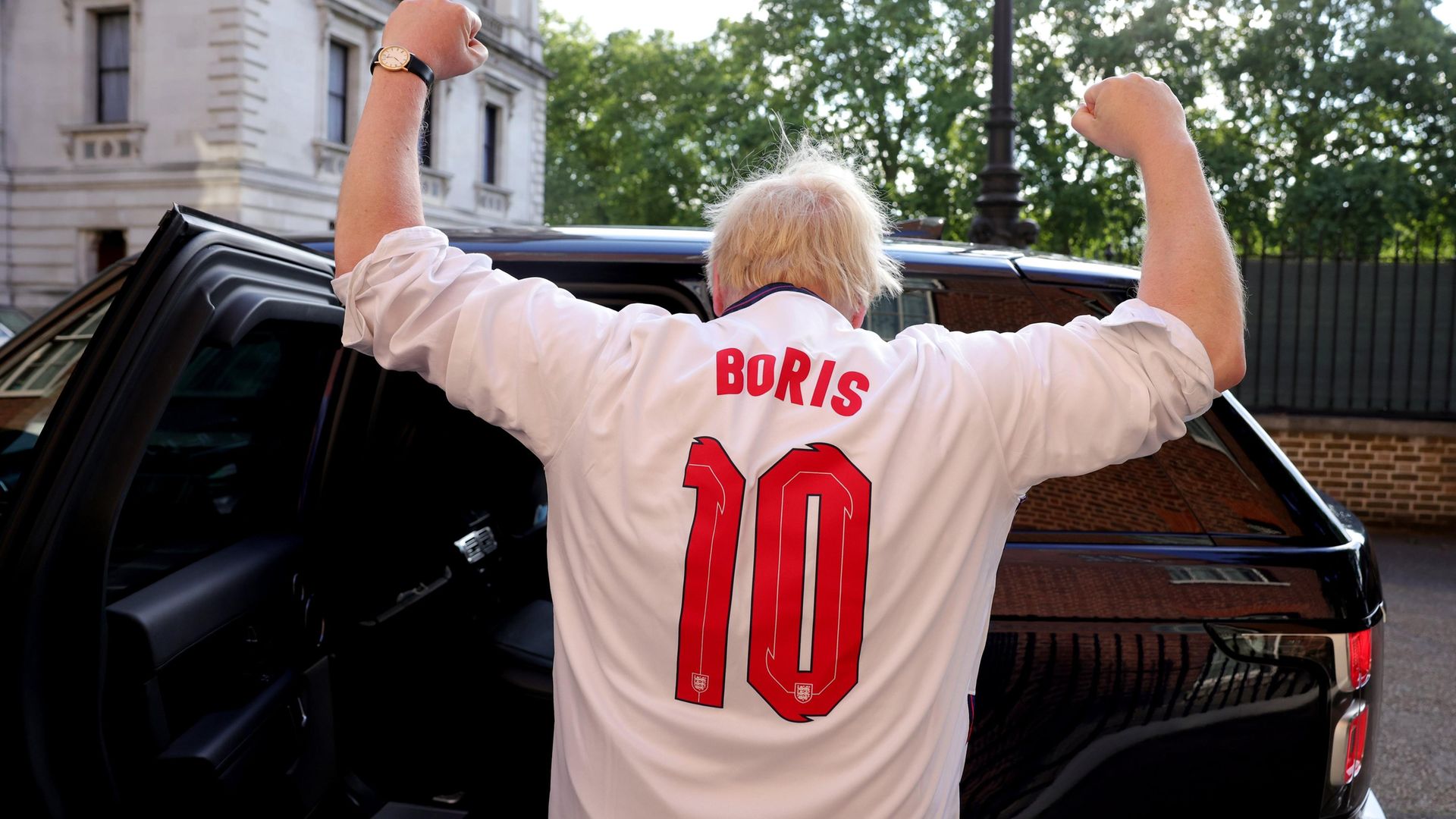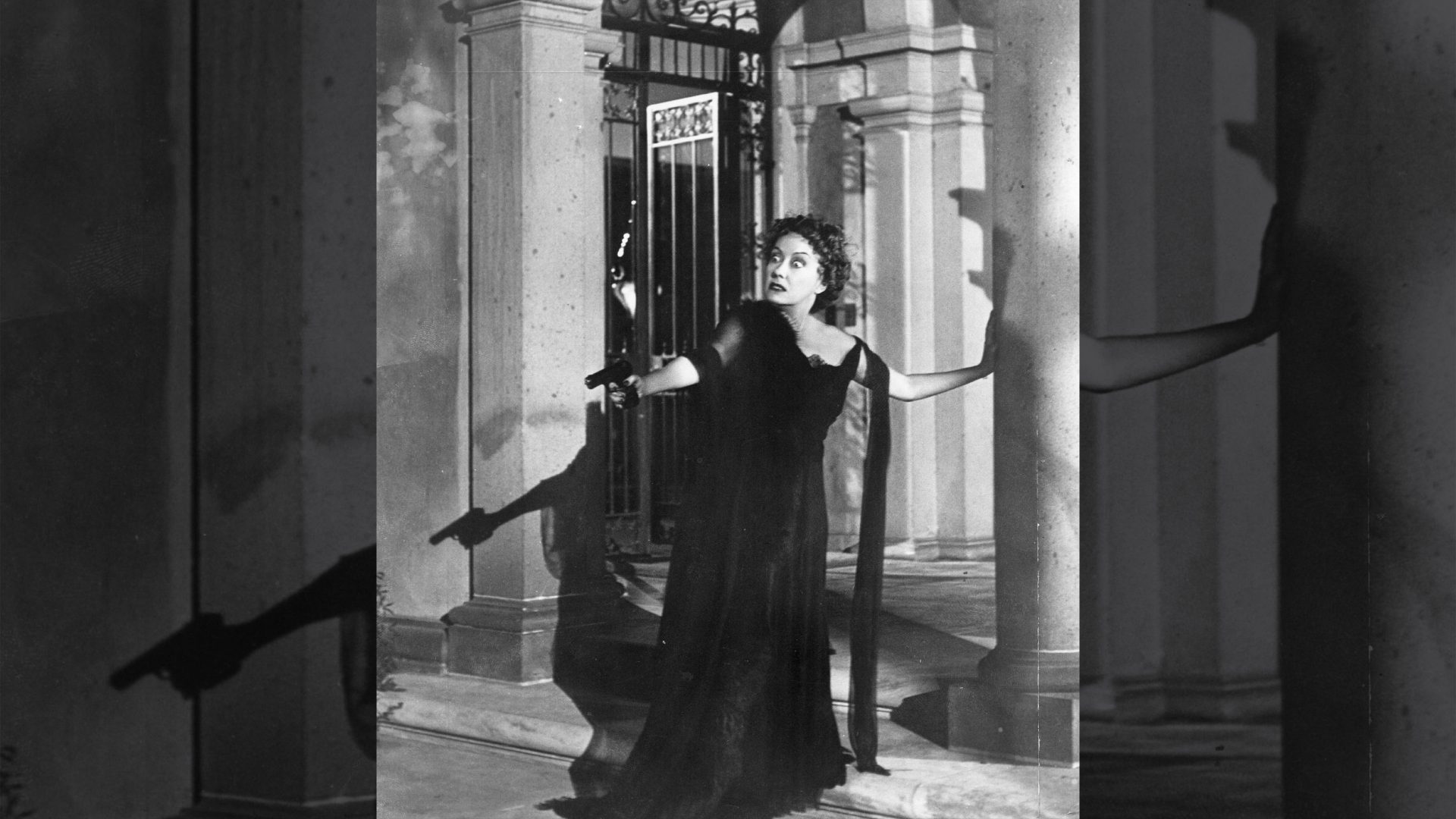John Howell may have succeeded Boris Johnson as the MP for Henley, but there is little love lost between the two men. Indeed, Howell is once said to have told Johnson to “fuck off”. This makes the speculation that Johnson wants to switch from his present and distinctly marginal Uxbridge seat to Howell’s at the next election all the more piquant.
“John has up until now been undecided about whether to run again for Henley, but I’ve no doubt at all he will cling on if Johnson is serious about trying to succeed him,” says my man in Henley. “He called on Johnson to step down as prime minister when scandal engulfed him and his government, and made it clear it would be ‘the best thing for the country’. What he is now thinking about is what will be the best thing for Henley, and that, so far as he is concerned, emphatically isn’t Johnson.”
When the Guardian reported over the weekend that Johnson was considering buying a £4m Georgian manor house not far from Henley, the disgraced former prime minister reacted with fury and insisted it remove the picture it had run of the property and all details about its location.
The antipathy between Howell, who backed Remain in the EU referendum, and Johnson runs deep. Howell was so enraged when he heard at the 2018 Tory conference that Johnson was seeking to undermine Theresa May as leader, he was reported as saying: “As far as I’m concerned, Boris can just fuck off.”
Howell is 67, and, as a former partner at Ernst & Young, has the money to now put his feet up. He may simply choose to delay making a decision about whether to run again until it’s too late for Johnson to extricate himself from Uxbridge, which, officially at least, he is still committed to. That was the technique employed by the Tory grandee Sir Michael Fallon, whose Sevenoaks seat would have been a shoo-in for Anna Firth, who had sat on the local council.
Fallon disagreed with her on Brexit, and while she had been the favourite to succeed him, he left it until the last moment before the 2019 election to announce he was stepping down, by which time she’d been selected to fight Canterbury. Firth finally ended up with Southend West following the murder of the incumbent Sir David Amess.
Walking holidays have not always turned out well for Theresa May. It was, after all, during one such in Wales in 2017 that she decided to call the general election that whittled down her majority and left her dependent on an expensive alliance with the Democratic Unionist Party.
Accordingly, one admires the chutzpah of Gibson Square Books, which has lately asked May to write the foreword to a new edition of Ascent of the Matterhorn, the English climber Edward Whymper’s celebrated account of how in 1865 he became the first to scale the mountain in the Alps. Even if she never exactly made it to the top of her own political Matterhorn, she said she had always regarded Whymper as one of her all-time heroes.
On the same day that he was quoted calling refugee charities in Calais “just as bad as people smugglers” and “part of the problem, not part of the solution”, the Tory deputy chairman, Lee Anderson, was spotted attending Nottingham Forest’s 1-1 draw with Manchester City last Saturday.
The tiresome Ashfield MP bravely attended despite Forest wearing the logo of UNHCR, the UN’s refugee agency, on the front of their shirts, in what the club calls “a sign of solidarity for families who have been forced to flee their homes and communities”.
Anderson, you will remember, was so appalled by England footballers taking the knee that he boycotted the national team’s matches, no doubt causing huge distress to the likes of Marcus Rashford.
Boris Johnson, while he may not have reached for a gun when he heard the word, never cared greatly for culture. He certainly seldom visited the theatre – his most recent known visit was to see Macbeth in 2021 at the Almeida in north London, when a fellow punter got a snap of him defying the theatre’s mask-wearing rules – and at Telegraph conferences I’d often recall him moaning about his “hard-earned” taxes going on theatre subsidies.
As mayor of London, he appointed Munira Mirza as cultural adviser, and she predictably went on to warn that arts organisations would need to become “more entrepreneurial and look for ways to stretch their resources”, including through corporate sponsorship.
I was never, however, aware of Mirza as a presence in the arts world, don’t ever recall having a conversation with her or seeing her in a theatre. The contrast with Bernard Donoghue, Sadiq Khan’s culture ambassador, could not be more stark.
A proper theatre man – he chairs the Bristol Old Vic – I found myself sitting beside him at the first night of Standing at the Sky’s Edge at the National Theatre earlier this month. I also saw him at last summer’s Edinburgh fringe and at theatres across the UK. “If you don’t care about theatre, what honestly is the point of taking this job?” he said to me.
Steve Hilton, a Brexit supporter who went on to back Donald Trump and present for Fox News, is the man the Mail on Sunday has turned to for a good perceptive take on the current political landscape. “Everywhere you look, it’s this same emphasis on the superficial over the substantive,” Hilton wrote. “Think of all the photo-ops with politicians in hi-vis jackets pointing at some construction site or piece of industrial equipment to extol the virtues of post-Brexit Britain.”
Least said, soonest mended about how, during Hilton’s period as David Cameron’s director of strategy in Downing Street from 2010 to 2012, both the then PM and George Osborne, his chancellor, were seldom, if ever, out of hi-vis jackets and, for that matter, hard hats. I even heard talk of a cloakroom in Downing Street that was filled with both these items specifically for photo-op use.
The Daily Telegraph, which told its readers in 2016 to vote Leave as “a world of opportunity is waiting for a fully independent Britain”, now features pieces saying, among other things, “after Brexit, there is nobody Britain can blame for this mess but itself”, “five years on, isn’t it about time we had something to show for Brexit?” and “Brexit is finally dead”.
This has a lot to do with the death in 2021 of the Telegraph’s co-owner Sir David Barclay – an obsessive and slightly dotty Brexiteer who once told me that he saw Europe’s demise in Biblical prophecy – but a degree of contrition on the paper’s part would still not go amiss. Instead, it had the effrontery to run a piece over the weekend lamenting “the new British disease – refusing to take responsibility for your failures.”




